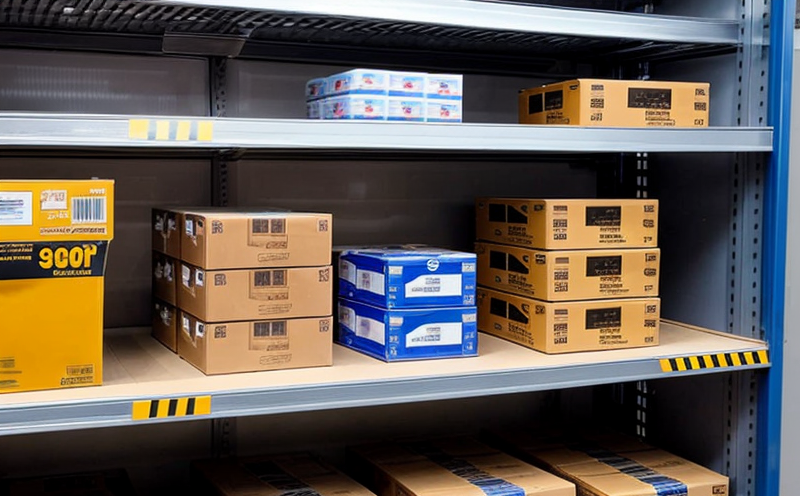ASTM D999 Repetitive Shock Testing
The ASTM D999 repetitive shock test is a critical procedure used to evaluate the impact resistance and structural integrity of medical devices, particularly those made from plastic materials. This testing method simulates real-world conditions where the device might experience repeated mechanical shocks during transportation or use. Compliance with this standard ensures that packaging provides adequate protection against physical damage, thereby safeguarding patient safety.
During a repetitive shock test, samples are subjected to controlled impact forces over multiple cycles. The test setup consists of a machine capable of delivering precise and repeatable impacts at specified intervals and magnitudes. Specimens are typically mounted in their original packaging or representative mock-ups to assess the overall performance under realistic shock conditions.
The ASTM D999 standard specifies that tests should be conducted on three specimens, unless otherwise agreed upon by all parties involved. The test procedure involves applying a series of impacts using a drop hammer or similar apparatus, ensuring consistent and reproducible results. Acceptance criteria for this test include no visible cracks or fractures in the sample after each cycle.
Understanding the requirements outlined in ASTM D999 is essential for quality managers and compliance officers responsible for ensuring product safety and efficacy. R&D engineers can leverage these insights to optimize packaging design, while procurement teams may use this information when selecting suppliers capable of meeting such rigorous standards.
The repetitive shock test plays a vital role in preventing potential failures that could compromise patient care or lead to recalls. By incorporating ASTM D999 into your quality assurance protocols, you can demonstrate commitment to maintaining high standards of product reliability and safety.
- Benefits: Ensures packaging integrity, enhances product durability, improves compliance with regulatory requirements.
- Use Cases and Application Examples: Evaluates medical devices used in transportation, hospital environments, or field settings; assesses the effectiveness of different packaging materials under various shock conditions.
Benefits
- Enhances product durability through rigorous impact testing.
- Improves compliance with international standards like ASTM D999.
- Reduces the risk of product failure during transportation or use.
- Promotes consistent and reliable performance across all units produced.
Eurolab Advantages
At Eurolab, we specialize in providing comprehensive medical device testing services that meet the highest industry standards. With our state-of-the-art facilities and experienced technical staff, we offer a range of benefits:
- Accurate and reliable test results using cutting-edge equipment.
- Dedicated support throughout every stage of your project.
- Comprehensive reporting tailored to meet specific requirements.
- Flexibility in accommodating customized testing protocols when necessary.
We pride ourselves on delivering exceptional service that exceeds expectations, ensuring you receive the best possible outcomes for your medical device packaging integrity and shelf life testing needs.
Use Cases and Application Examples
- Evaluating the impact resistance of implantable devices during transportation.
- Assessing the durability of portable diagnostic tools used in field settings.
- Determining the effectiveness of protective packaging materials under various shock conditions.
In addition to these examples, repetitive shock testing is widely applicable across diverse medical device categories. By simulating real-world scenarios, this test provides valuable insights into potential vulnerabilities and areas for improvement within your product design.





